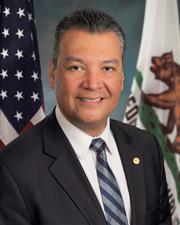0
RELIEF Act
12/29/2022, 10:18 PM
Congressional Summary of S 3721
Resolving Extended Limbo for Immigrant Employees and Families Act or the RELIEF Act
This bill revises provisions related to family- and employment-based visas.
The bill (1) increases the per-country cap on family-based immigrant visas from 7% of the total number of such visas available that year to 15%, (2) eliminates the 7% cap for employment-based immigrant visas, and (3) removes an offset that reduced the number of visas for individuals from China. The annual cap for visas for the unmarried children of citizens is increased, and the formula for calculating the cap for the unmarried children of residents is revised.
The bill also establishes transition rules for employment-based visas from FY2022-FY2024, by reserving a percentage of EB-2 (workers with advanced degrees or exceptional ability), EB-3 (skilled and other workers), and EB-5 (investors) visas for individuals not from the two countries with the largest number of recipients of such visas. Of the unreserved visas, not more than 85% shall be allotted to immigrants from any single country.
The Department of State shall increase allocations of family- and employment-based visas by the number of beneficiaries of such applications filed before this bill's enactment, to be allocated FY2022-FY2026 to beneficiaries of applications filed before this bill's enactment who have not yet received a visa.
The minor children and spouses of permanent residents and those accompanying a qualified alien shall be treated as an immediate relative for immigration purposes. Whether an alien qualifies as a minor shall be determined according to the alien's age at the time a relevant petition is filed.




